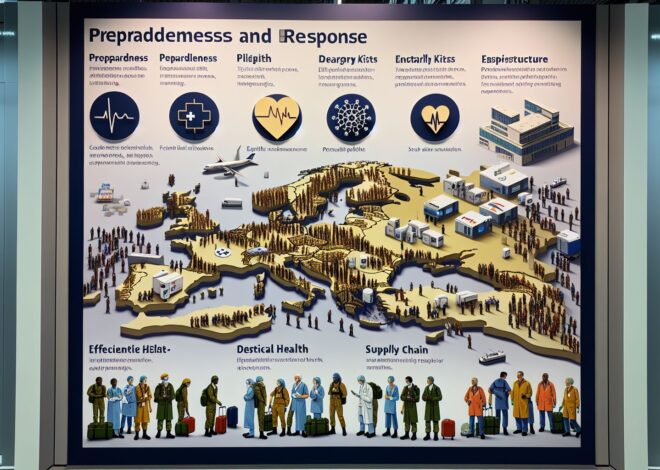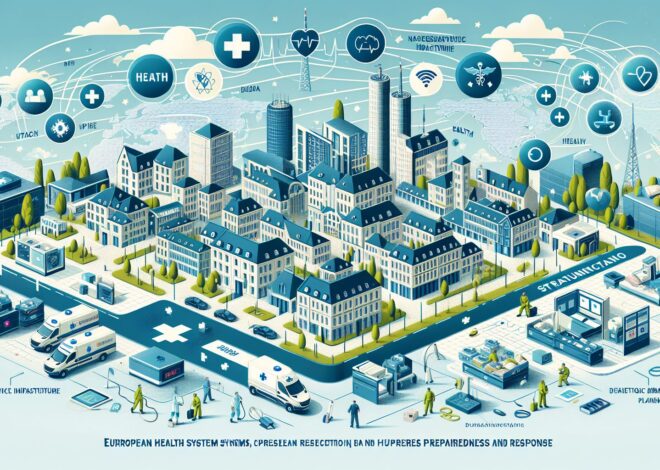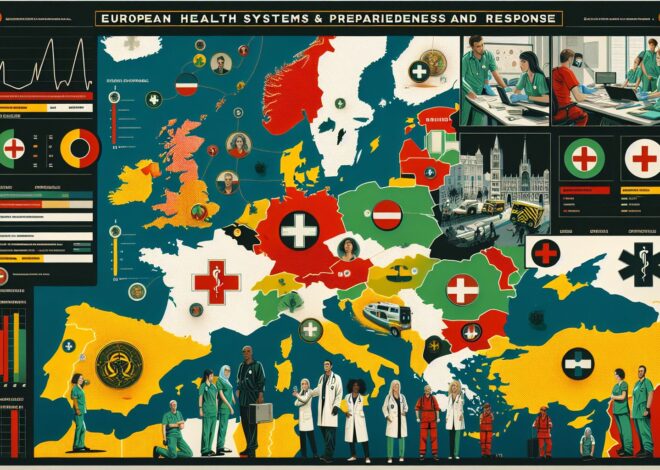
Ensuring Preparedness and Effective Response in European Health Systems
The outbreak of the COVID-19 pandemic in early 2020 has put a spotlight on the preparedness and response capabilities of health systems around the world, including those in Europe. As health professionals, policymakers, and concerned citizens, it is essential to understand the strengths and weaknesses of European health systems to better address future health crises.
Preparedness
Preparedness is the key to effectively responding to any public health emergency. European health systems have long recognized the importance of being ready for such situations, with many countries investing heavily in infrastructure, training, and resources. However, the pandemic has revealed some gaps in preparedness that need to be addressed.
One major issue that has come to light is the lack of coordination and cooperation between different European health systems. While the European Union has taken steps to improve collaboration through initiatives such as the Health Security Committee, more efforts are needed to ensure a cohesive and unified response across the continent.
Another aspect of preparedness that requires attention is the availability of essential medical supplies and equipment. The initial shortage of personal protective equipment (PPE) and ventilators during the early days of the pandemic exposed vulnerabilities in the supply chain, highlighting the need for better stockpiling and distribution systems.
Response
The response to the COVID-19 pandemic varied across European countries, with some being more successful than others in containing the spread of the virus and minimizing its impact on healthcare systems. Learning from these experiences is crucial in improving future responses to similar crises.
One key factor that has influenced the effectiveness of the response is the level of investment in healthcare infrastructure. Countries with well-equipped hospitals, sufficient healthcare workers, and robust testing and tracing systems were better able to cope with the demands of the pandemic and provide adequate care to patients.
Additionally, clear and consistent communication from health authorities has been essential in ensuring that the public understands the risks and measures needed to control the spread of the virus. Transparency and timely updates can help build trust and compliance among citizens, which is crucial in managing a public health crisis.
Recommendations
As we look ahead to the future, there are several recommendations that can help strengthen the preparedness and response capabilities of European health systems. These include:
-
Enhancing coordination: Improved collaboration and information sharing between European countries can help facilitate a more united response to health emergencies.
-
Investing in infrastructure: Increased funding for healthcare infrastructure, including hospitals, laboratories, and medical supplies, is essential to ensure readiness for future pandemics.
-
Building capacity: Training and recruiting more healthcare workers, particularly in high-demand areas such as intensive care and infectious disease management, can help alleviate pressure on healthcare systems during emergencies.
-
Promoting public health: Educating the public on preventive measures, such as hand hygiene, mask-wearing, and vaccination, is crucial in minimizing the spread of infectious diseases and protecting vulnerable populations.
By implementing these recommendations and learning from the lessons of the COVID-19 pandemic, European health systems can strengthen their preparedness and response capabilities for future health crises. As health professionals, policymakers, and concerned citizens, it is our collective responsibility to work together towards a healthier and more resilient future.



